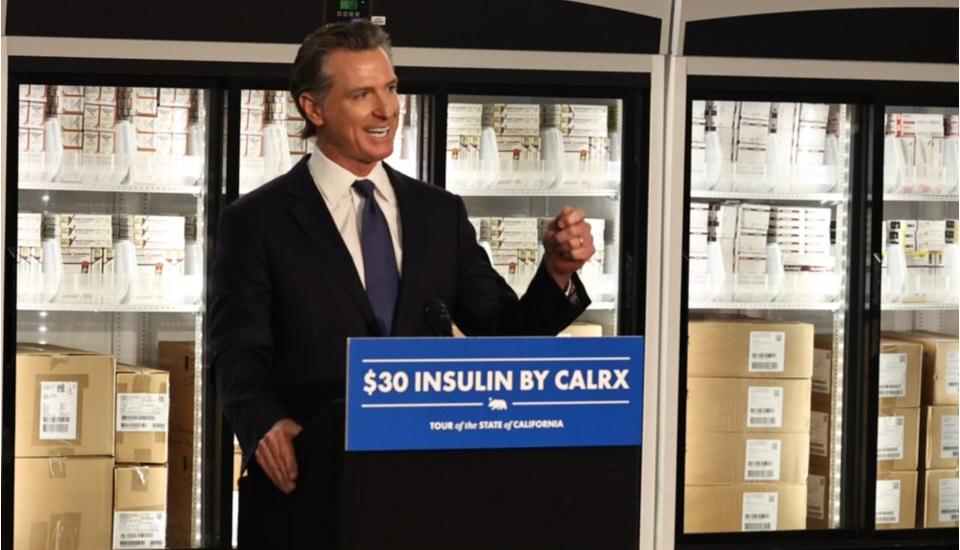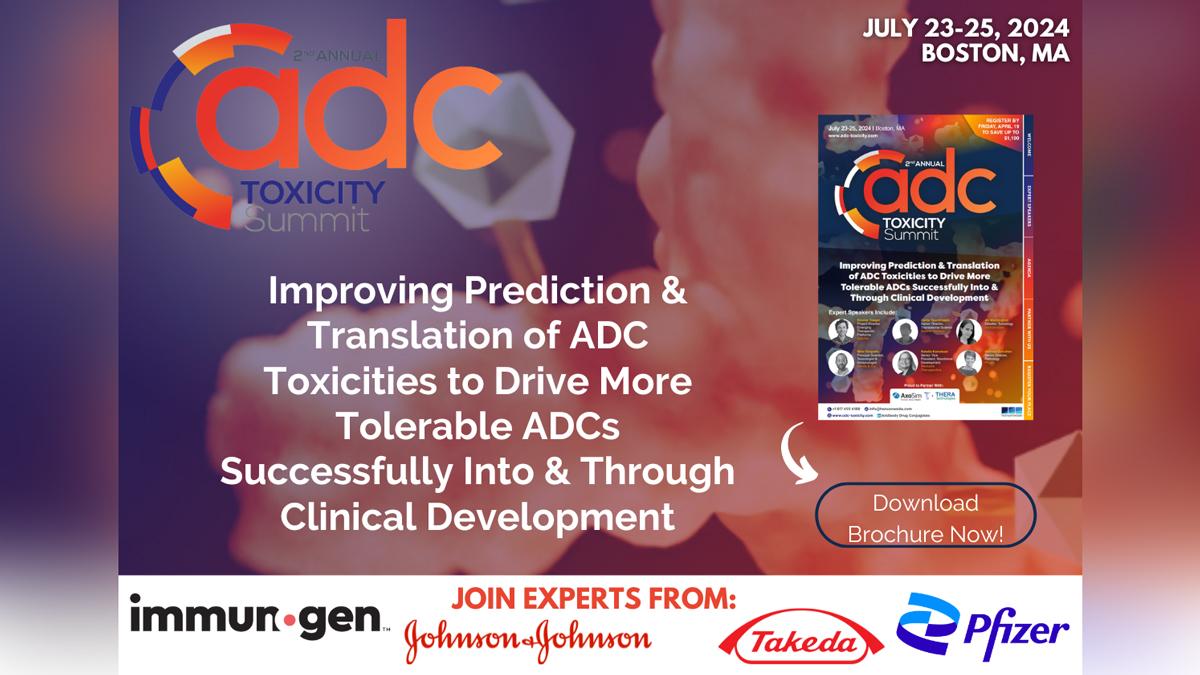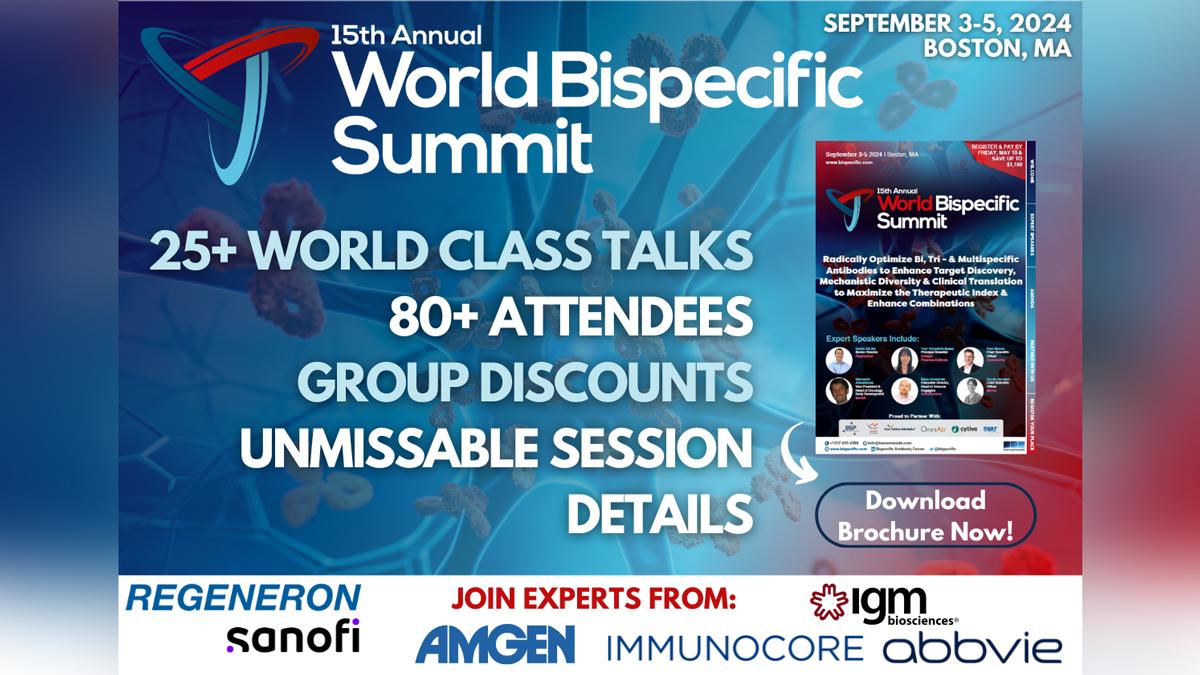7 Questions: health care expert Gayle Brazeau

pharmaphorum spoke to Gayle A Brazeau, dean of the College of Pharmacy in New England, about the growing importance of pharmacogenomics in health care.
What's exciting about your field at the moment?
The arena of 'personalised medicine', or 'precision medicine', will continue to be the goal for patient-centred care across all the health professions. It is essential that all health professions educators and professionals have the foundation for teaching and using pharmacogenomics in inter-professional settings, given that this is a crucial element in optimising patient outcomes and reducing health care costs.
Knowing and utilising differences in patient genetics and the interactions with the environment, as well as employing genomic technologies to individualise human disease, will advance successful treatments in areas such as oncology, paediatrics, adult medicine and geriatrics. Pharmacy, working with other health care professionals, can help to advance the personalisation of health, disease and patient care.
It says Dean, College of Pharmacy on your business cards, but what is your job really about?
I believe my job is really about establishing an educational, creative and supportive environment where we can make a positive difference in the lives of our students, faculty members and staff in the College of Pharmacy as well as other individuals at the University of New England. It is essential as a dean in a 'Health Professions University Grounded in the Liberal Arts' that we work collaboratively and inter-professionally so we can provide our students with the essentials to be thoughtful and knowledgeable in health care, contributing to their profession and community.
What is health care going to be like in 2035?
Health care in 2035 will focus on an integrated knowledge-based inter-professional care where patients, families and their health care team work together to focus on both the individual's, and family, health and wellness. The selection of the optimum treatment involves using knowledge about the patient's genetics, socioeconomic conditions and culture. It is centred on informed decision making involving the patient and their health care team.
What or who provides you with inspiration?
My personal inspiration comes from taking a few minutes each day to be thankful for those in my life and for the many blessings that have occurred in my life or, as business consultant Jon Gordon reminds us, to engage in a 'walk of gratitude' on a daily basis.
Conversely, what person, thing, or problem would you like to wish away?
Wow, what a challenging question! I guess I would wish away the barriers that prevent individuals and communities from having the opportunity to engage in learning activities and expanding their knowledge and understanding of other individuals and cultures.
How do you switch off from work?
The way to switch off from work is dinner with my husband Daniel, petting my two Labrador Retrievers, Morgan and Mendel, followed by a few minutes reading a good historical fiction novel.
What book would you recommend everyone should read?
'Peaks and Valleys: Making Good and Bad Times Work for You – At Work and In Life', Spencer Johnson, 2009. Reading this book has been an important defining moment in my life as it reminds me of the importance of finding one's sensible vision in life.
About the interviewee:
Dr Gayle A Brazeau is Dean and Professor in the College of Pharmacy at the University of New England. She received a BS in Pharmacy and an MS in Pharmaceutical Sciences from the University of Toledo and a PhD in Pharmaceutics from the University at Buffalo, State University of New York.
Previously, she was a faculty member at the University of Houston, the University of Florida and the University at Buffalo.
Dr Brazeau is Editor of the American Journal of Pharmaceutical Education and serves on several editorial advisory boards for other scientific journals.
She has served as a member or chair on US FDA, USP and SBIR/STTR NIH panels and committees.
Her pedagogical research interests focus on curricular and course assessment strategies, design and assessment of student learning. Her laboratory research interests focus on investigating the biochemical and toxicological interactions of drugs or recipients with skeletal muscle following intramuscular or systemic administration and the role of myostatin in muscle wasting conditions.
She is the author or co-author on over 50 peer-reviewed papers and publications, and is co-author of the book 'Mastering pharmacogenomics: a handbook for success', published in January 2015, with Dale Halsey Lea, Dennis Check and Daniel Brazeau.
Read another 7 Questions interview:










